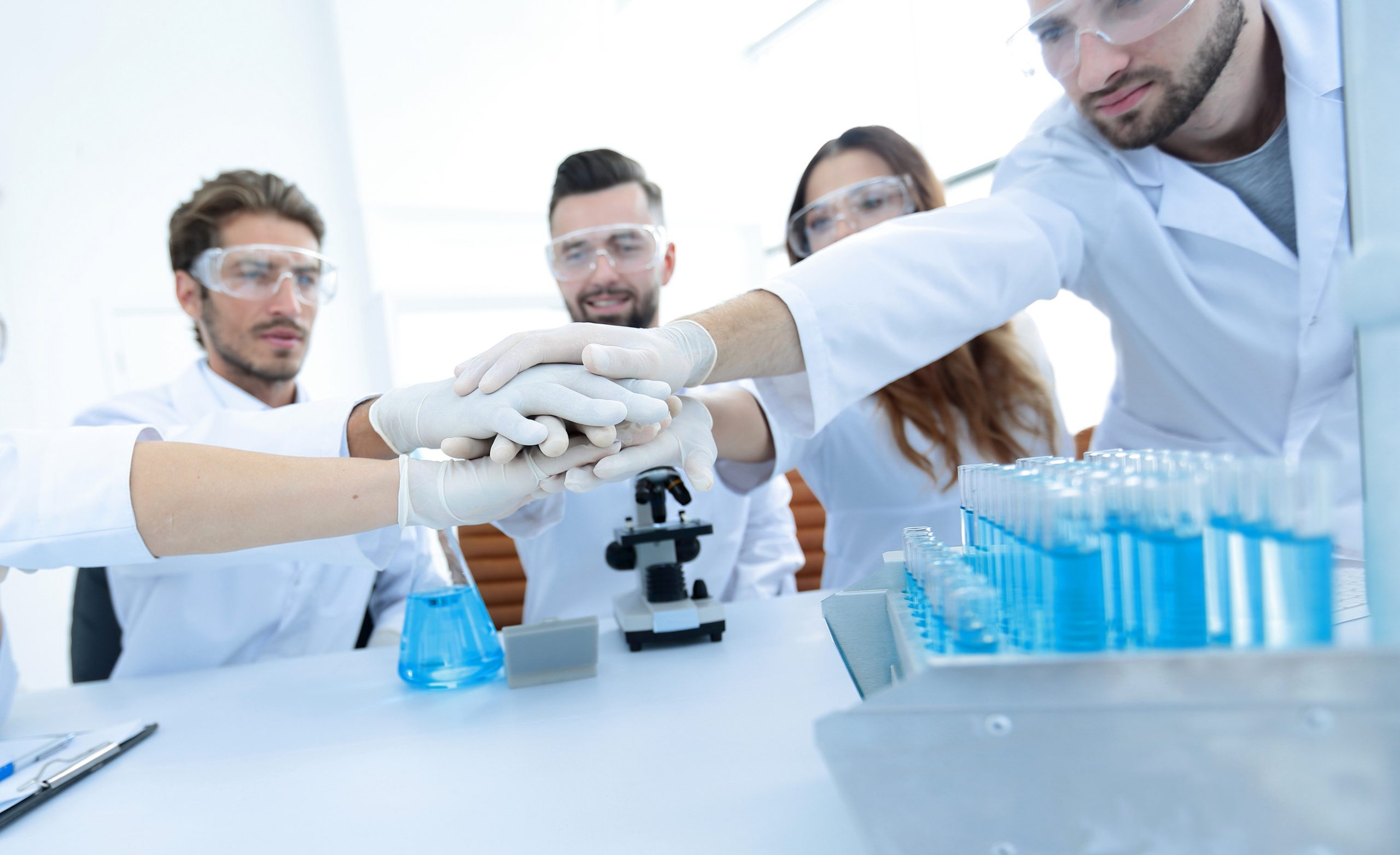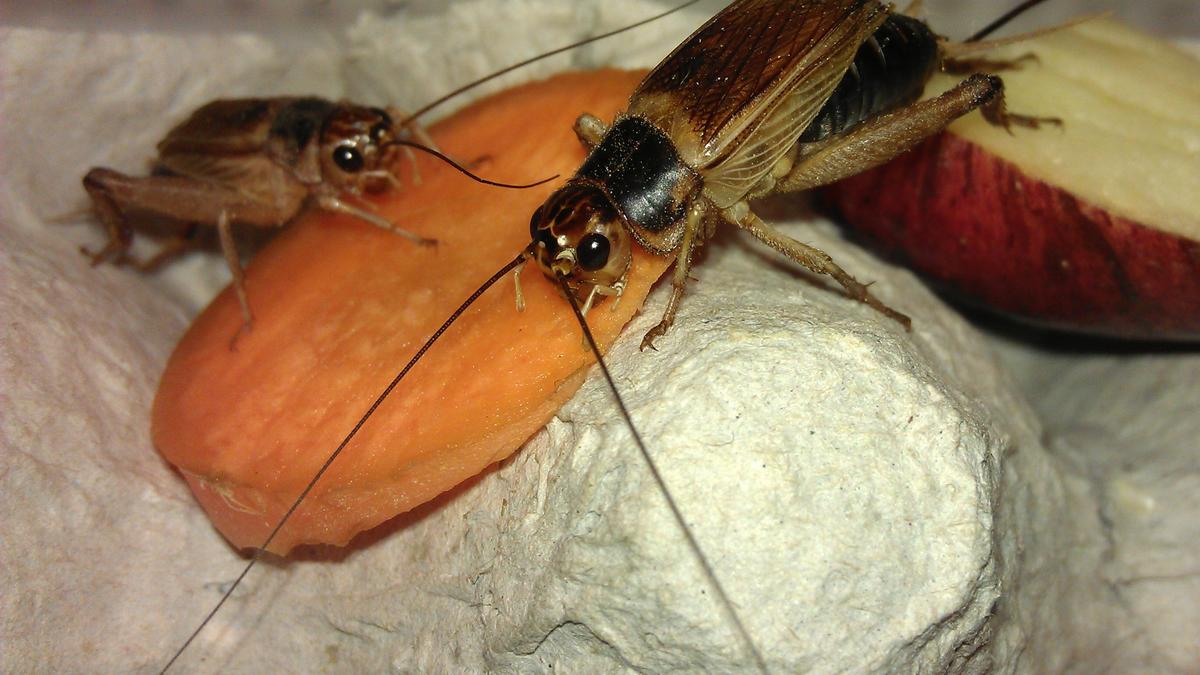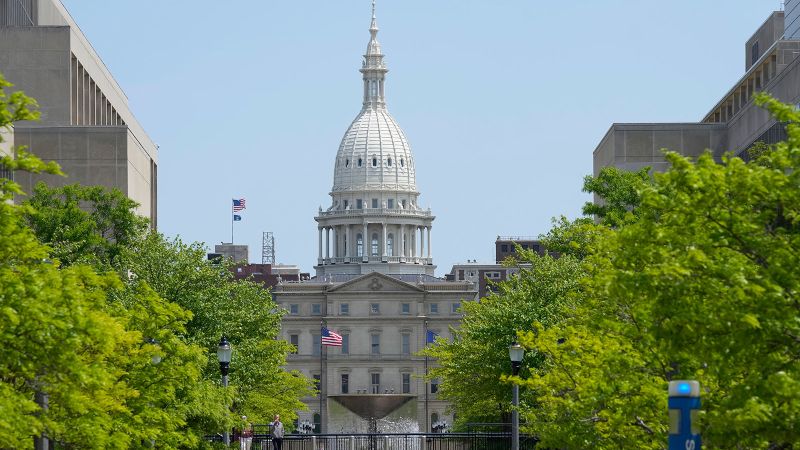BY THE OPTIMIST DAILY EDITORIAL TEAMWhen leadership falters, science finds a way forward. That’s the message from two of America’s most prominent scientific societies, which have pledged to carry on critical climate research after the Trump administration sidelined the team behind the National Climate Assessment.The American Meteorological Society (AMS) and the American Geophysical Union (AGU) announced plans to publish their own peer-reviewed assessments of climate change impacts on the United States.
Their move comes after the administration told 400 scientists working on the federally mandated report that their work was being reevaluated—casting doubt on a key document required by law.“We are filling in a gap in the scientific process,” said AGU President Brandon Jones. “It’s more about ensuring that science continues.

”Climate facts still matterThe National Climate Assessment, produced every four to five years since 1990, provides in-depth insights into how climate change is reshaping life across the U.S. Unlike global reports, it zeroes in on local and regional trends—and it’s the kind of document that city planners, engineers, farmers, and public health officials rely on.
Katharine Hayhoe, a climate scientist at Texas Tech and chief scientist at The Nature Conservancy, emphasized how personal and practical this science really is. “People are not aware of how climate change is impacting the decisions that they are making today,” she said. “Whether it’s the size of storm sewer pipes, expansion of flood zones, or increases in extreme heat.
”The last report in 2023 was direct: climate change is already harming physical, mental, and community health in the U.S. due to more intense extreme events, worsening disease spread, and declining food and water security.
The 2018 version, during Trump’s first term, was equally blunt.Now, with funding cuts and political pressure looming, scientists fear the next official report—due around 2027—may be diluted or never materialize. “I think they’ll put out something that will.
.. it’ll be scientifically based, but it will be pretty crappy,” said University of Illinois climate scientist Donald Wuebbles.
When leaders stall, scientists leadRather than accept a gap in the public’s understanding, the AGU and AMS have chosen action. Their goal: produce a full scientific report within a year. Former federal scientist Anjuli Bamzai noted that the value of these reports lies in their long-range forecasting.
“With the assessment, we’re better equipped to deal with the future,” she said. “We can’t be an ostrich and put our head in the sand and let it go.”Wuebbles agrees: “Watering down or killing the national assessment will not keep the message about the importance of climate change from getting out.
” The truth, backed by data and observation, has a way of surfacing.And while Hayhoe reminds us that climate change doesn’t discriminate based on politics, her closing message is also a call to collective responsibility. We may not all agree on policy, but we can agree on preparation.
Communities need clear-eyed science to adapt, protect health, and plan for the long term. And thanks to the resolve of the scientific community, that science will keep showing up—even when administrations don’t.The post Scientific societies take charge as U.
S. climate report faces political uncertainty first appeared on The Optimist Daily: Making Solutions the News..
Environment

Scientific societies take charge as U.S. climate report faces political uncertainty

BY THE OPTIMIST DAILY EDITORIAL TEAM When leadership falters, science finds a way forward. That’s the message from two of America’s most prominent scientific societies, which have pledged to carry on critical climate research after the Trump administration sidelined the team behind the National Climate Assessment. The American Meteorological Society (AMS) and the American Geophysical [...]The post Scientific societies take charge as U.S. climate report faces political uncertainty first appeared on The Optimist Daily: Making Solutions the News.















